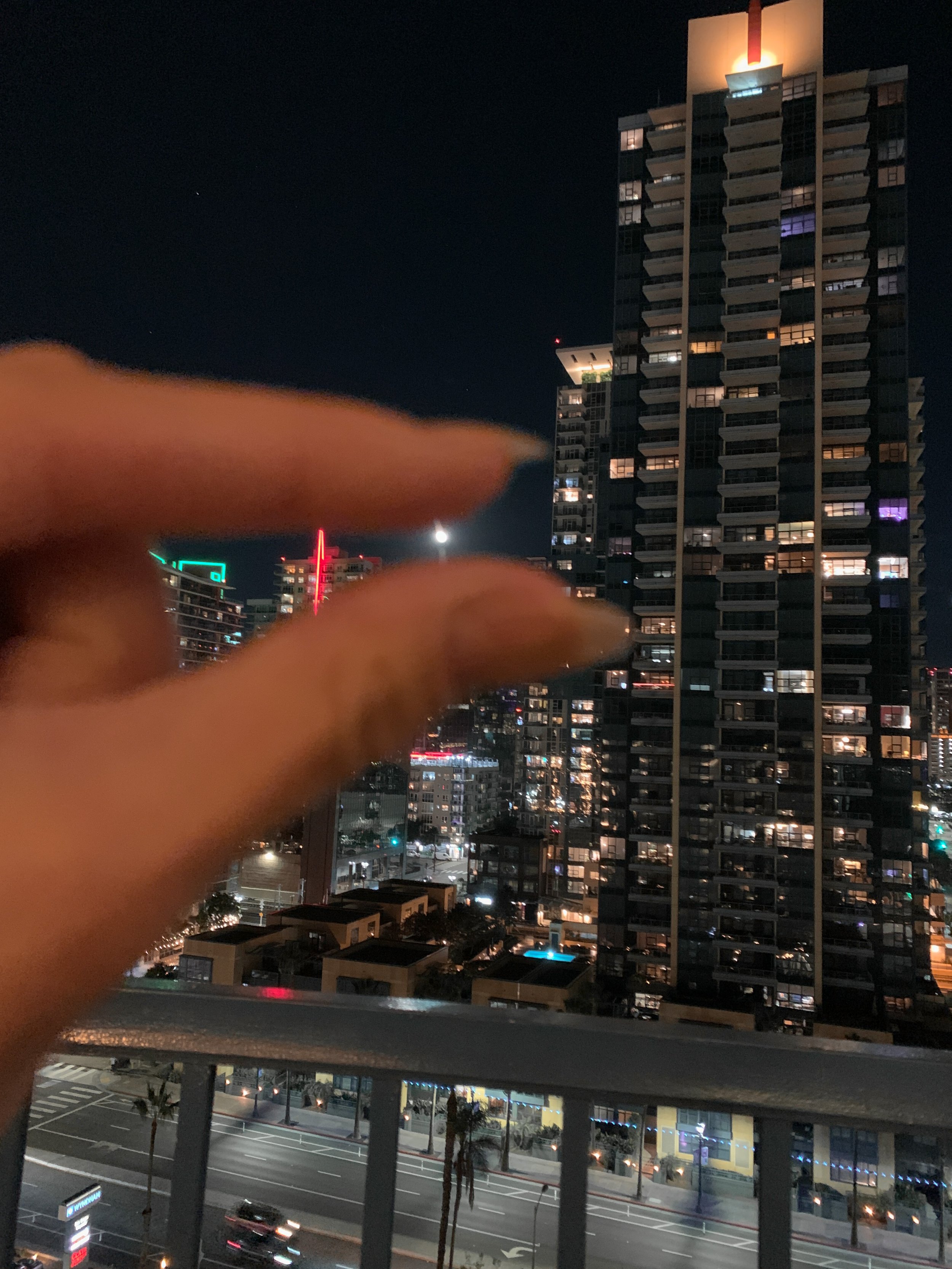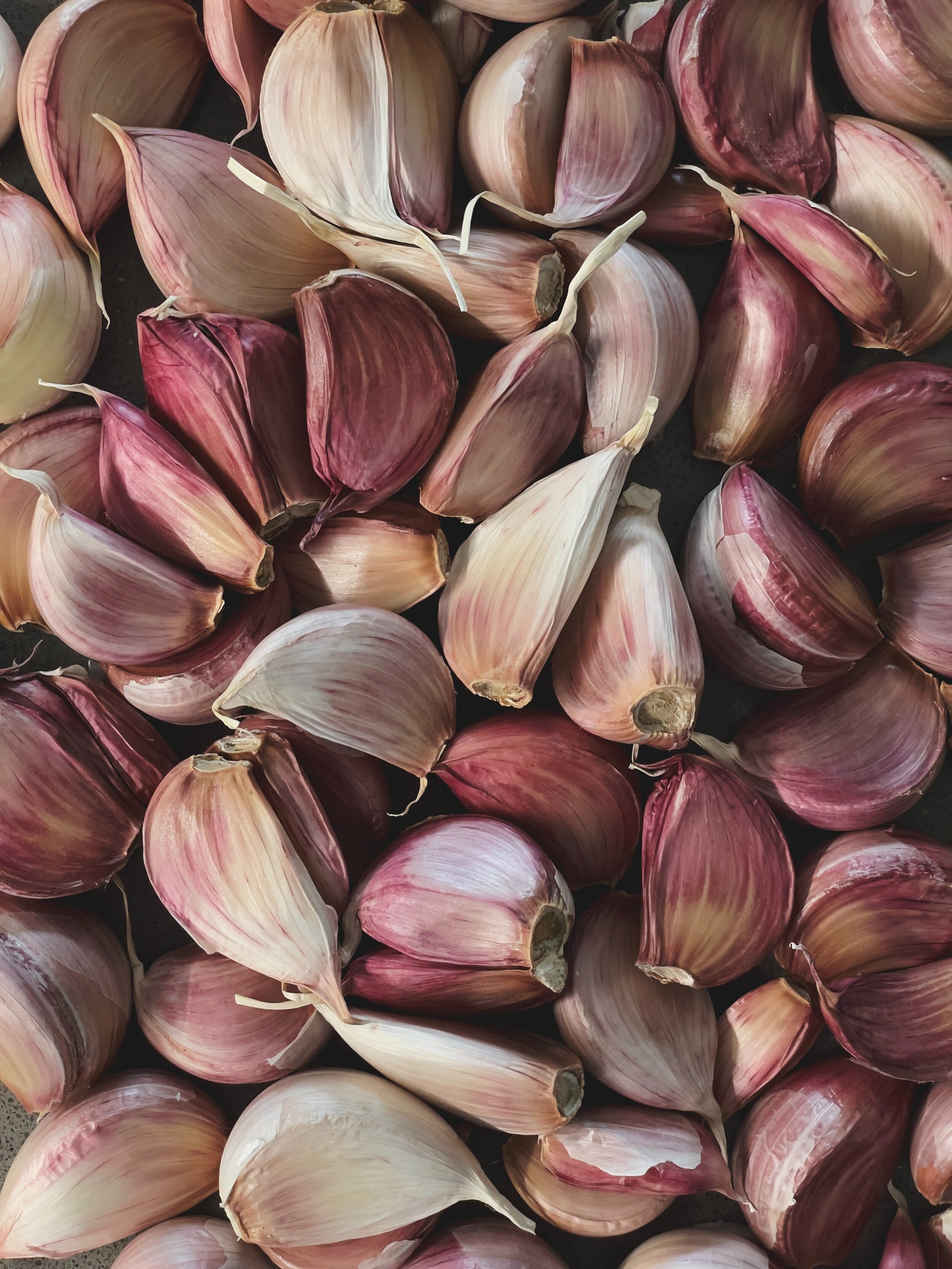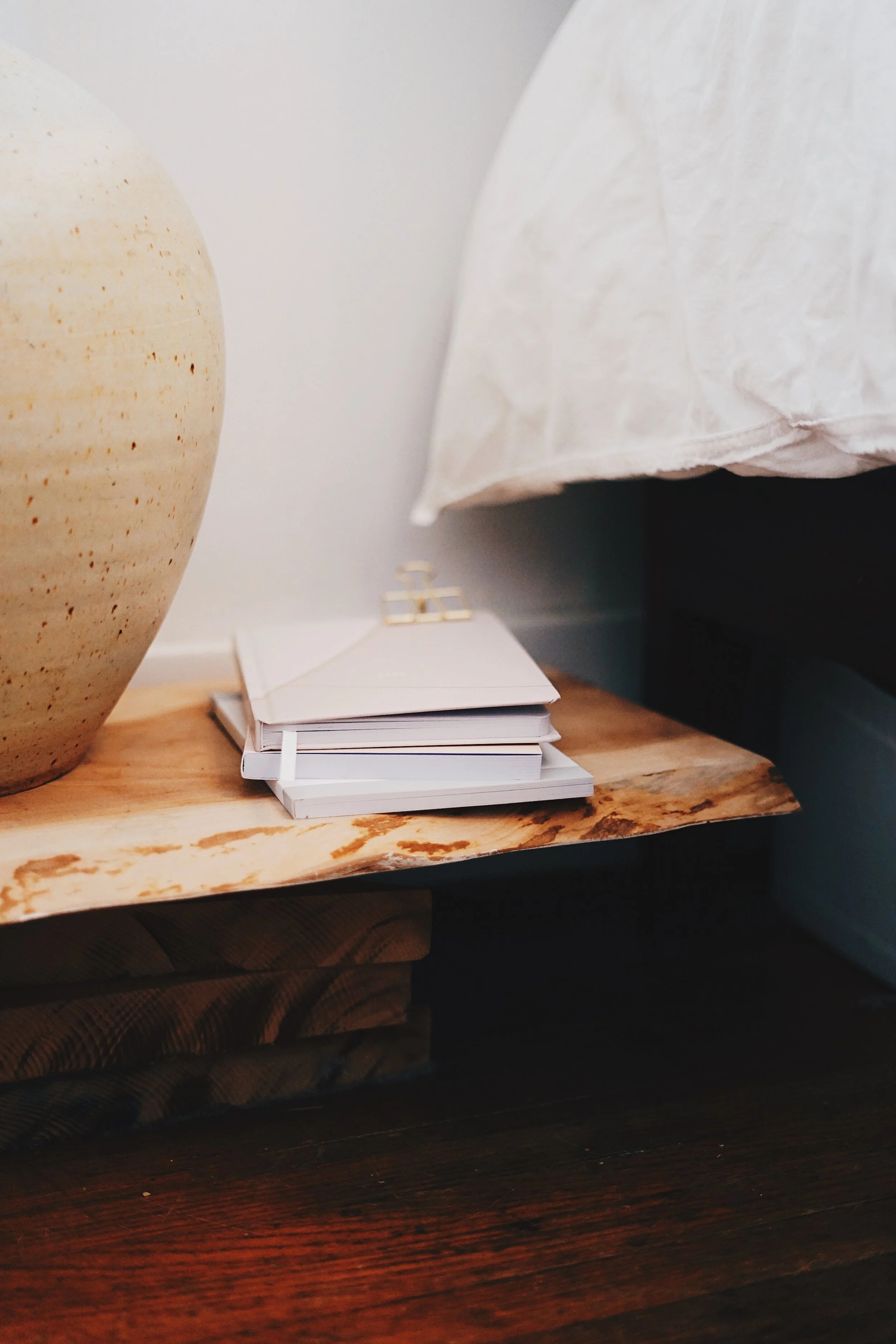Anxiety is an extremely common mental health concern all around the world. After all, we are all human beings and the pressures of life can affect us all to varying degrees. In fact, it’s the most common mental health issue in the US, affecting up to 40 adults each year. If you’re struggling with anxious feelings, you are not alone. Learning how to cope more effectively will help to lessen the periods of anxiety you experience at any given time.
If you are someone who struggles with anxious feelings, it can seem difficult to find ways to cope with what you are experiencing. Anxiety can appear difficult to manage, so much so, that at times it can feel almost impossible, but with the right strategy and approach, you can make managing your anxiety far easier to achieve.
Looking for steps that you can take to make coping a little easier? Below are a few coping strategies that you can apply to help lessen and prevent these feelings from arising. It is far easier to prevent symptoms of anxiety and get to the root cause versus covering your symptoms over with things that only mask the problem. Feelings of anxiousness can be prevented with just a few intentional changes and healthy habits applied to your life.
NO. 1
Stay active
If you’re not already physically active on a regular basis, take positive steps to become more active. Exercise is a great way to relieve stress, so making time to work out each day - even if just for a short period of time - is a great way to keep your stress and anxiety levels low.
To get started, it’s best to start out slow. Find a form of exercise that you enjoy. Whether that is running or practicing yoga, choose something you love. Aim to exercise or be physically active for at least 20 minutes a day. As a result, you should find that you feel far less anxious.
NO.2
Cut back on caffeinated drinks & nicotine
Both caffeine (found in coffee, teas, and sports drinks) and nicotine (found in cigarettes) can heighten feelings of anxiety and panic due to their chemical reaction within our bodies. It is a good idea to cut back on or put down these substances to keep your mood balanced.
NO. 3
Know your triggers
When it comes to feelings of anxiety, most people have triggers that make them feel anxious or cause them to panic, so it is worth taking the time to identify what these triggers are for you. By identifying the things that cause you anxiety, you can determine what steps you can take to avoid finding yourself in those situations and also learn how to manage those associated feelings.
NO. 4
Get enough sleep
An important part of managing anxiety is making sure that you are able to get enough sleep so that you can start each day feeling rested and refreshed. When your body lacks energy, this can cause a host of issues with your mental health and can make feelings of stress and anxiety feel far worse than they are.
NO. 5
Know when you need help
Anxiety is a natural human emotion, but it is also a mental health condition that can impact all aspects of your life. If you experience severe symptoms of anxiety, or you feel anxious most of the time, it is important to recognize when you need help.
If you feel uneasy or on edge in environments that are non-threatening to others, you are unable to switch off, or you are relying on alcohol or drugs to help you to relax or feel calm, it is crucial to act. Talking to your doctor, seeking help from a therapist, and exploring treatment options can help.
For alcohol addiction, for example, strategies and therapies range from women’s sober living and intensive rehabilitation programs to medication, talking therapies, and group support sessions. A combination of therapies and treatments is often recommended for mental health disorders and addictions.
NO. 6
Look at treatment options
If your anxiety is not constant, then the idea of exploring treatment options might not seem worthwhile. However, remember that if it could help you feel better, then it could be worth taking the time to explore your options. From talking and group therapies to alternative treatments and natural remedies such as cbd oil, there are many effective natural alternatives when it comes to managing feelings of anxiety.
“I had been suffering from cycles of anxiety and feelings of depression during PMS very frequently, so I was in search for ways that I could address what my body was lacking, naturally. During our monthly cycle, we are in need of balancing things out. Our bodies tend to be deficient, which causes symptoms to arise or be excacerbated. Upon doing some research recently, I discovered how Chaste Tree Berry, Vitamin E, Vitamin B Complex, and Evening Primrose Oil can have a positive affect on anxiety as it appears in women, specifically. Since taking these supplements together, I have noticed a significant difference and reduction in my anxiety symptoms. So far, this combination has worked for me, and I am continuing to take them daily.”
Stina x Hello Lovely Living
Takeaways
We know ourselves better than we know anyone else, so learning to identify things that you know are triggering your anxiety can drastically help you find ongoing and long-term relief. As a society, we have a tendency to reach for a product or find a reason to excuse the resulting symptom of a much larger picture. Let’s be the ones to take inventory within ourselves and find solutions that will be specific and fitting for us, individually. We do not need a one-size-fits-all approach, just some good ol’ self-love.
Have you found ways to manage your anxiety with success? How about natural anxiety treatments that have worked or are working for you. Let us know in the comments below. We would love to hear about your experiences.









































